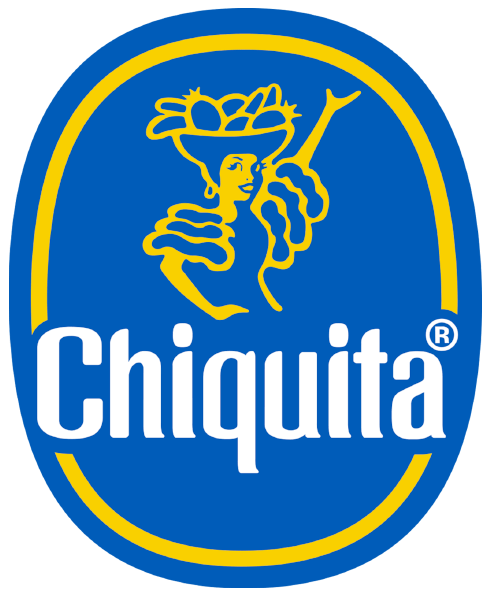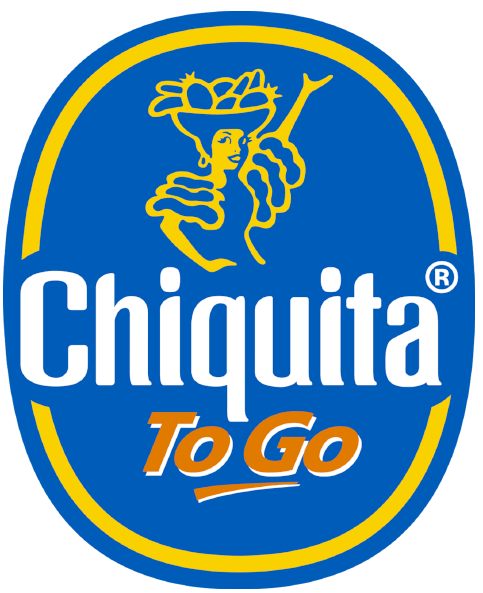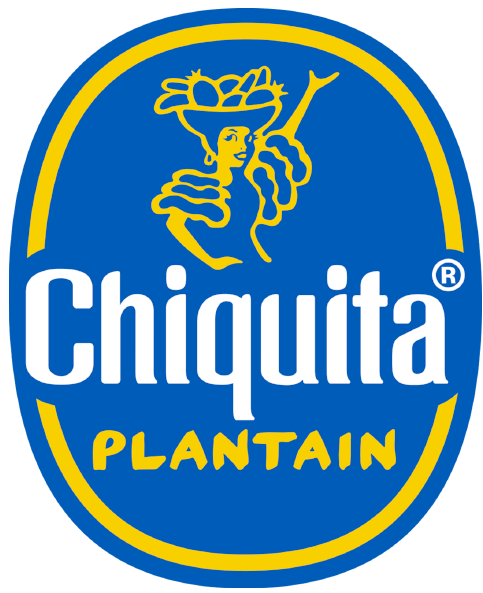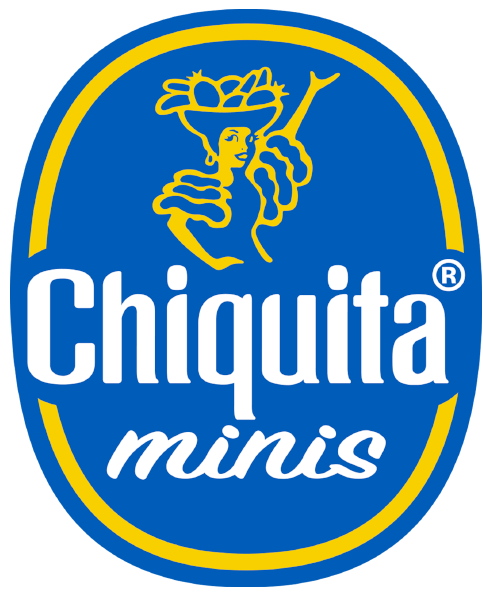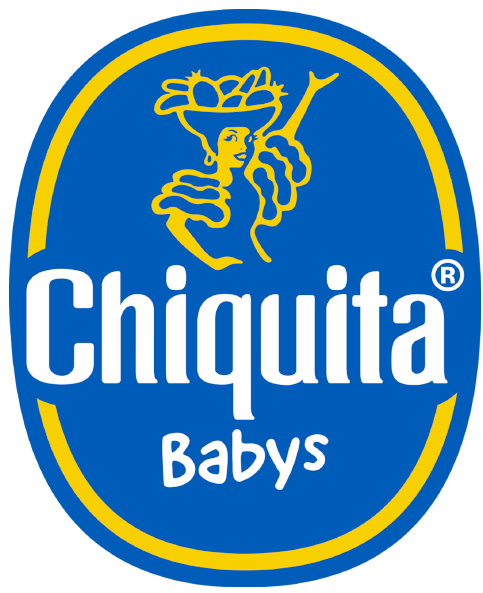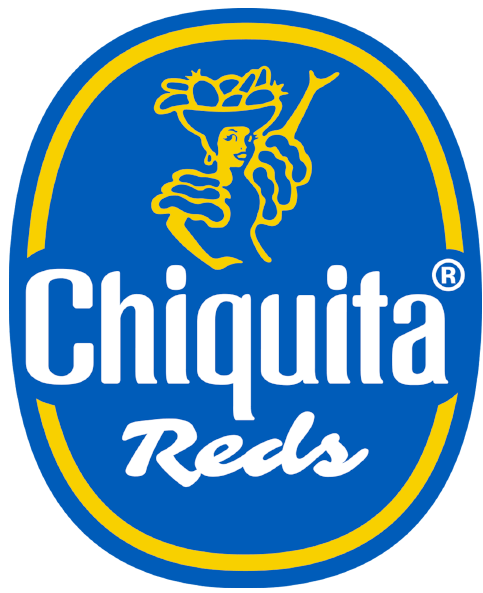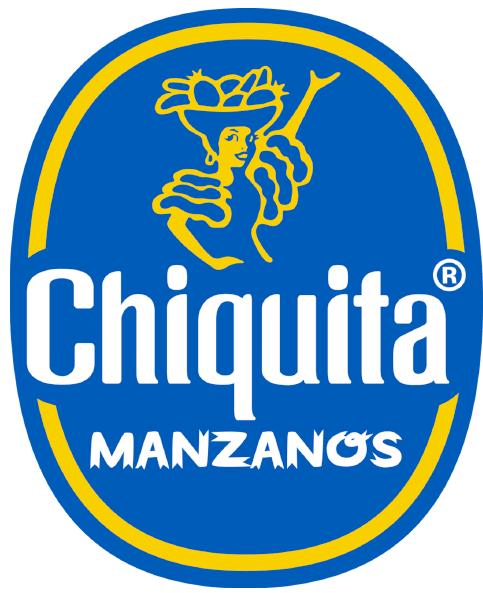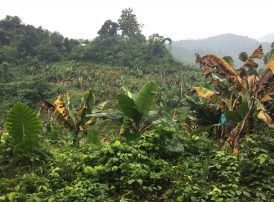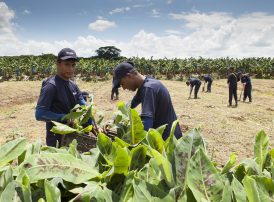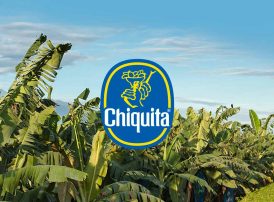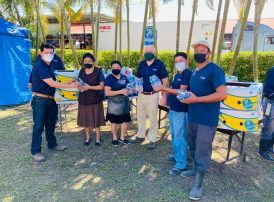Sustainability
Chiquita pioneers child rights assessments
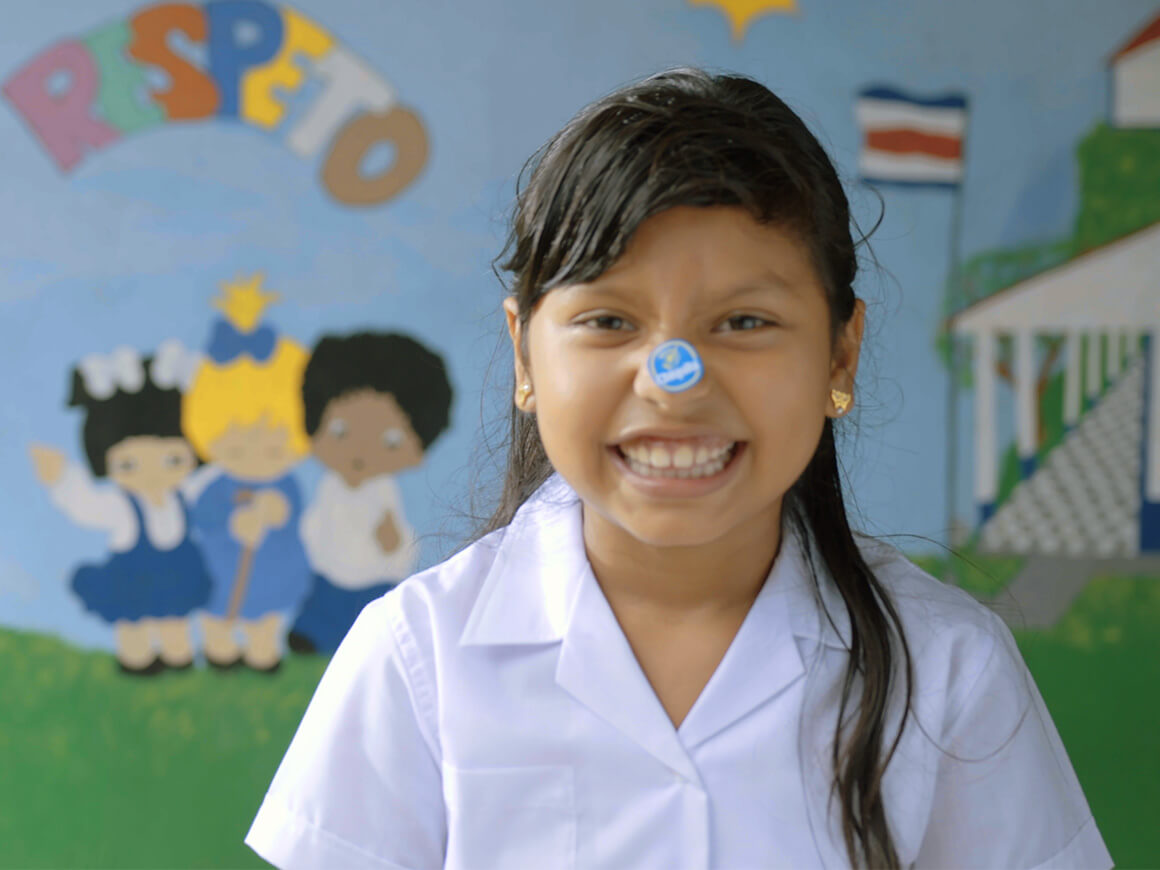
As a global corporate citizen, we are responsible for understanding and addressing our impacts, either direct or inadvertent, upon people and our planet. This responsibility does not stop at our farm boundary or factory gate: we identified children as our most vulnerable group of stakeholders and commissioned the industry’s first child rights impact assessment at our farms in Costa Rica and Panama, working with a human rights consultancy to adjust UNICEF impact assessment tools for Chiquita´s contexts.
Chiquita’s corporate responsibility
Chiquita is the world’s favourite brand of bananas in the supermarket, but the company also ripens, ships, and grows bananas. Throughout its 125-year history it has embraced its corporate social, environmental, and economic responsibility, building in sustainable practices throughout its operations.
Chiquita’s ambition is to become more sustainable in all its operations by focusing on three main areas: our farms; the communities where we operate, both at source and in markets; and at industry level. We call these focus areas The Farmer’s Code, Being a Good Neighbour and For the Greater Good. Our famous blue sticker not only lets people everywhere know the banana they’re about to eat meets the highest standards, it also recognises the importance of doing well for its employees and their families, for the communities, the fruit- industry as a whole and the environment we all live in. Our ‘behind the blue sticker’ approach highlights how we do this.
It is important that we make our sustainability efforts transparent – that others check that we do what we say we do. Our work on sustainable agriculture, protecting the environment and respecting employees’ rights, are verified by the SA8000 and Rainforest Alliance standards. All our farms are certified to these standards.
It Is also essential for us to ensure our operations respect child rights within the communities where we work. We understand that education, early years health and access to play are vital to a child’s upbringing and their future opportunities.
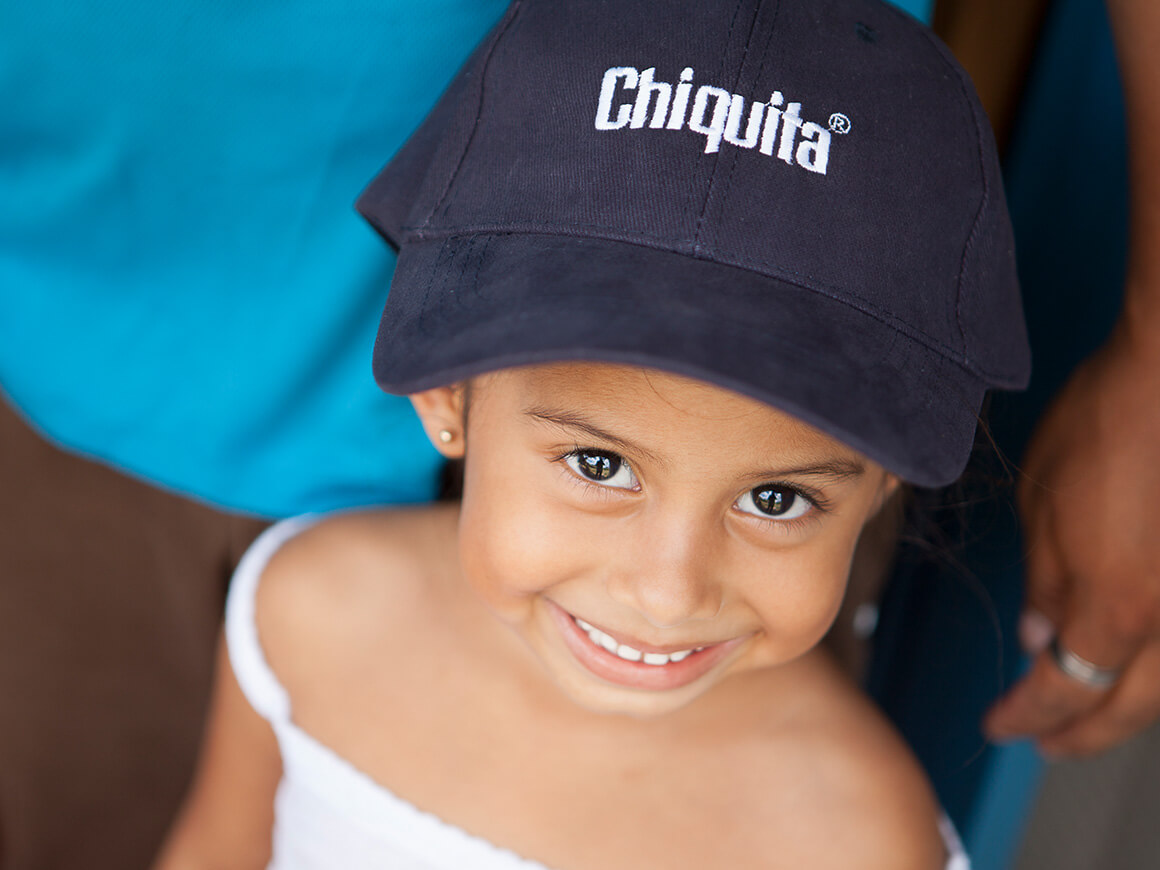
Child Rights
Chiquita fully endorses the Children’s Rights and Business Principles (CRBPs) developed by UNICEF, the UN Global Compact and Save the Children. At Chiquita, we believe these principles enhance the UN Guiding Principle (UNGP) on Business and Human Rights, encouraging us to look beyond our workforce and the boundaries of our farms and operations to ensure the rights of the most vulnerable in society are respected.
Importantly, we protect and renew these rights through collective bargaining and direct agreements with official trade unions and other employee representatives in the countries where we operate. We recognise 35 different organizations, and are the only international fruit company that has signed an international framework agreement with the IUF and COLSIBA.
We have worked to bring these principles to our supply chain, and also wanted to ensure we understood any impact on the most vulnerable people within, and connected to, our own operations. This work led us to identify children as a potentially vulnerable group, for which we needed to better understand the impacts on them.
In line with the UNGPs, our report placed impacts on children’s rights in various categories: those caused by Chiquita, those that we contributed to, and those we were linked to through the supply chain. Overall, only five issues out of 14 we identified were directly caused by Chiquita.
Our board immediately agreed a remediation plan that was carried out in all our operations, not just in farms where issues were found. Chiquita has also begun engaging with local government and other stakeholders to make changes that will address the impacts on rights we have indirectly contributed to or are linked to.
Why children deserve special attention:
Article One
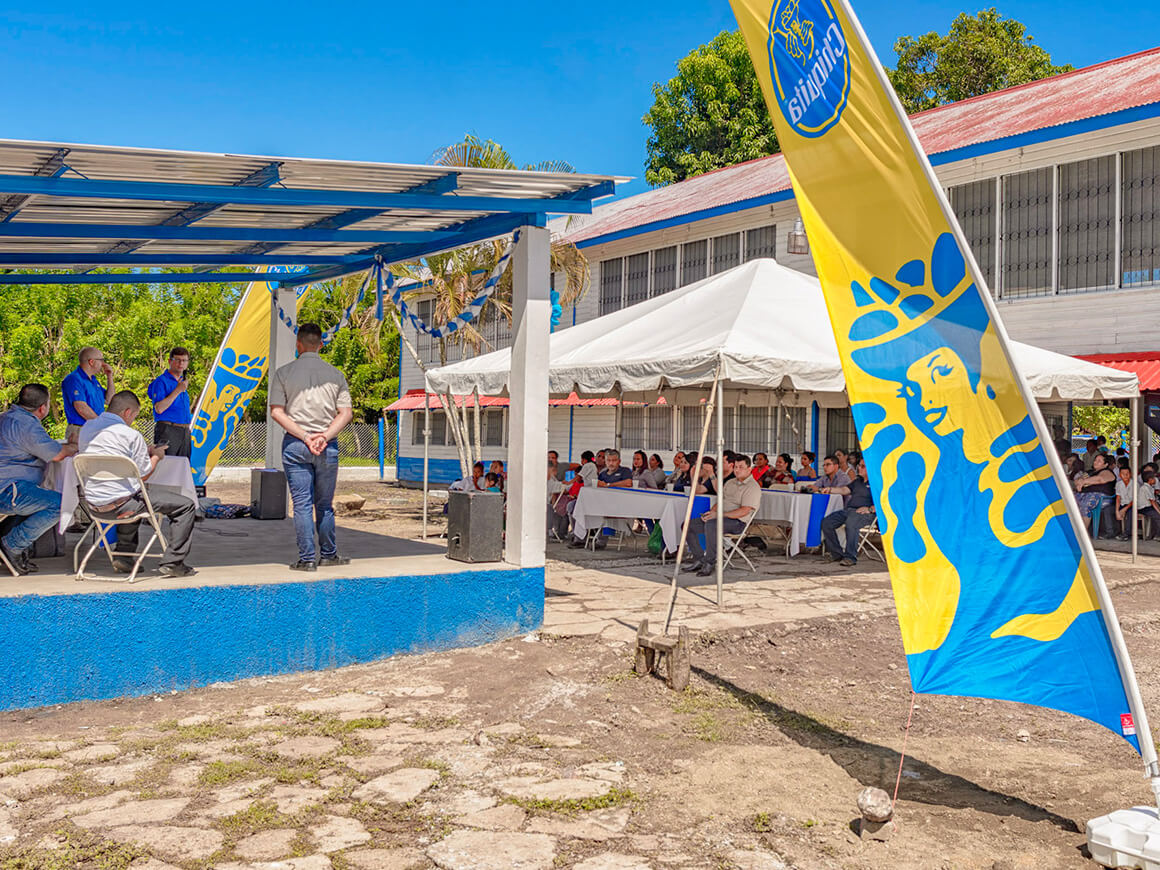
‘We applaud Chiquita for conducting a child rights impact assessment and believe that, amongst its peers, Chiquita’s commitment to child rights exhibits strong leadership. Globally, agriculture continues to have a high risk of child labor. The sector also faces a challenge in remaining attractive as an employer to the younger generations on whom it depends for its survival. To fully understand Chiquita’s impacts, Article One conducted interviews with 26 stakeholders, 235 employees from 14 farms and 26 children in nearby communities. These interviews and our contextual analysis confirmed the company’s leadership in eliminating child labor in the banana industry, with no evidence of child labor at Chiquita farms in either country. We also found strong non-discrimination policies and protections for pregnant workers across all 14 farms we visited.
We found that the working conditions of the parents have a significant impact on the wellbeing of their children. Therefore, much of our recommendations focused on building out the benefits packages provided to working parents. For example, there is an opportunity to help parents of young children with child care by providing infrastructure and other aid, while improved transportation benefits to and from work can increase working parents’ ability to care for their children. In addition, there are opportunities to increase access to education for young workers through shift changes, transportation and other benefits. Finally, there is a need to continue to strengthen access to food for workers’ families in indigenous communities in Panama.
We are encouraged by Chiquita’s response to the assessment and understand that the company is in the process of implementing many of the recommendations. It is our hope that the findings prove useful for Chiquita’s operations in other countries and that other companies in the sector follow Chiquita’s lead in assessing and addressing child rights impacts related to farming operations.’
Faris Natour, Co-Founder and Principal, Article One
Chiquita will undertake Child Rights Impact assessments in its operations in Guatemala and Honduras in 2019.
